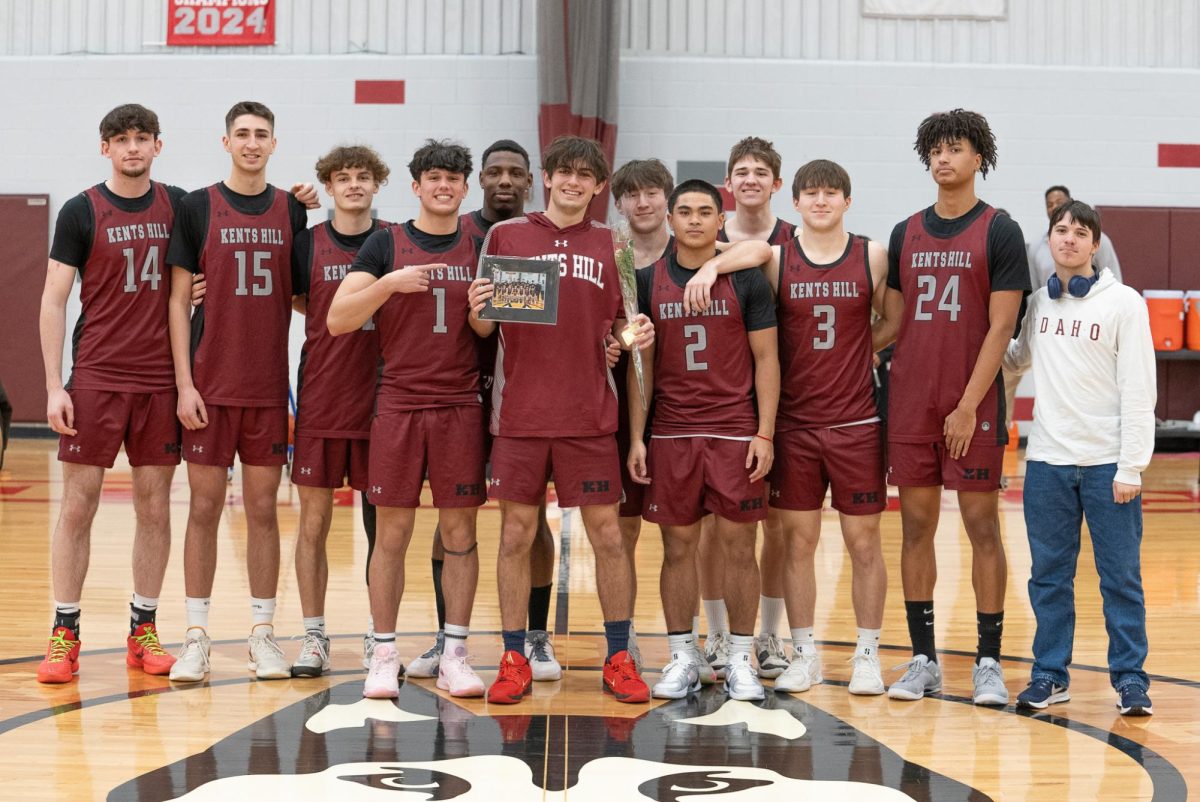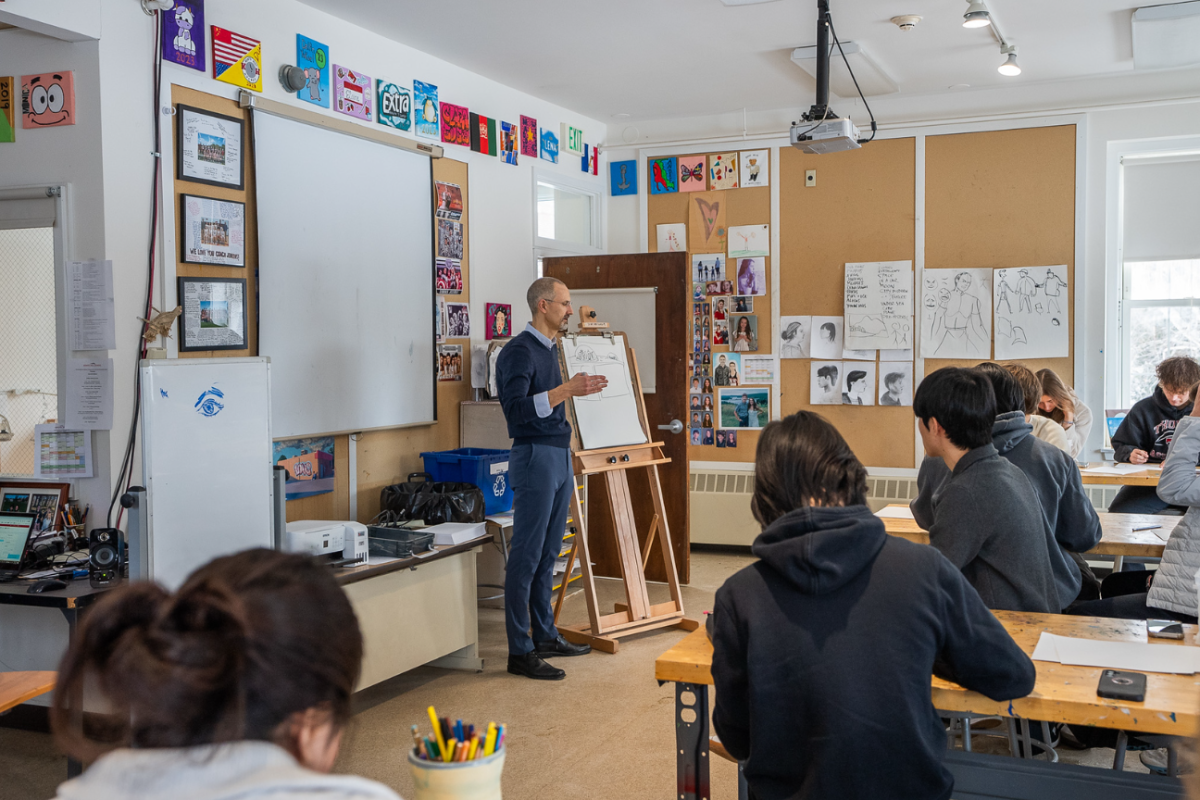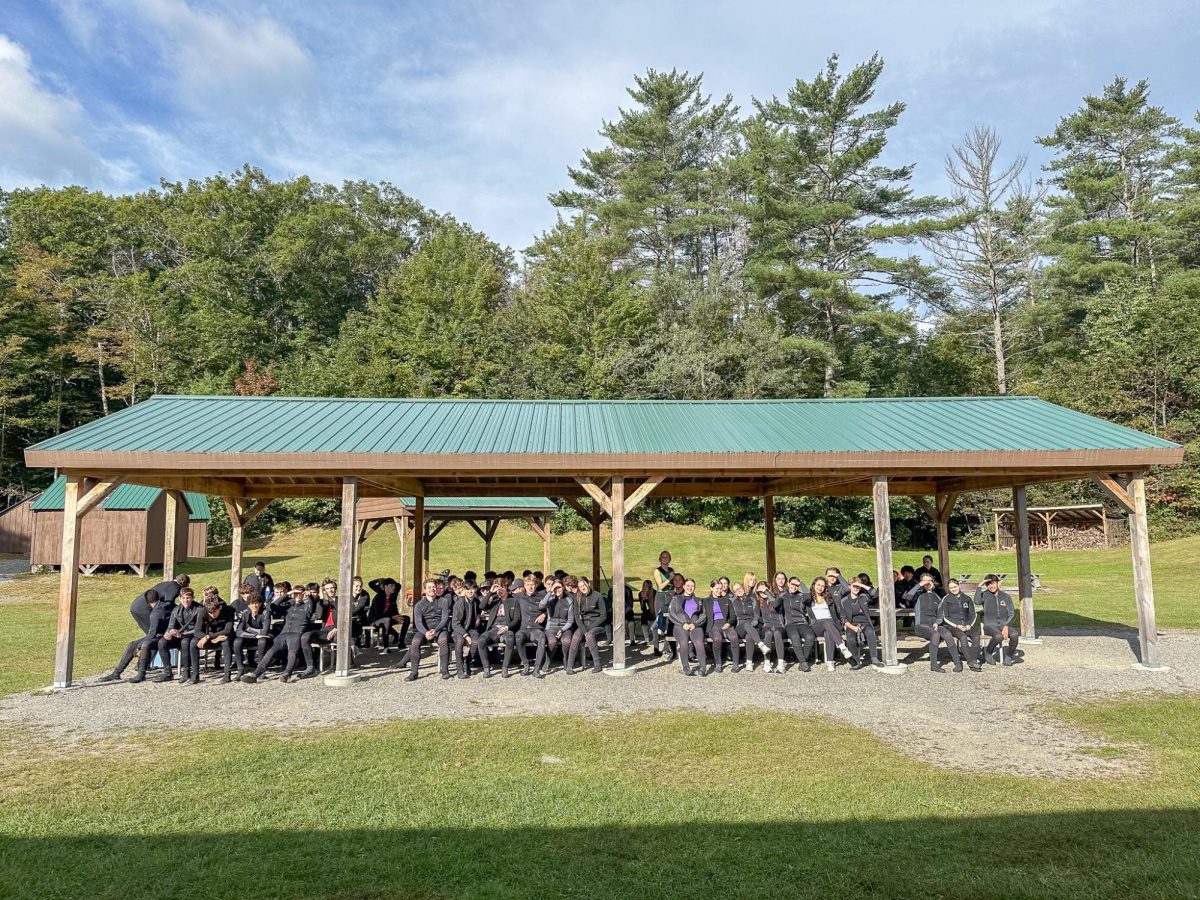Every high school senior looks forward to senior privileges– the special freedoms rewarded to us for years of hard work. At a boarding school like Kents Hill, however, these perks are more than just mere rewards: they are a recognition of our growing maturity and draw a much-needed line between kids who need advice and emerging young adults. By carefully considering which senior privileges to implement and how, we can build trust, develop responsibility, and improve our overall community.
However, before senior privileges can even begin to be seriously discussed, trust must come first. Faculty need to show that they believe us seniors are responsible and capable of our own conduct– only then can a genuine community of mutual respect be formed. Yes, there are varying levels of responsibility, but that doesn’t mean that ‘Peter should pay for Paul’. For example, once the projector turns on in the Bodman and someone begins to speak, most of us know to put our phones and headphones away without being hovered over or told to do so the minute we walk in. If faculty can extend that basic trust– stepping in only when someone is clearly disrespecting the rules– then we can focus on the actual execution of senior privileges.
As mentioned before, senior privileges are a great help in fostering responsibility. Take, for example, the possibility of a later weekday curfew paired with extended time in facilities like the library, art studio, and learning center or a later WiFi cutoff. Statistically, high school seniors have 3+ hours of homework per night, discounting the multitude of out-of-control factors that can extend it. Having these privileges would help to relieve the pressure of feeling rushed to finish all assignments under a certain amount of time, and, hence, aid us in learning vital time management skills and developing genuine self-accountability for when assignments are late/unfinished. Some might argue students could simply start homework earlier, but a typical day at Kents Hill is way too compact for a student to start any focused study before seven at the earliest.
Along with responsibility, senior privileges can also help to develop preparedness — through those same time management and planning skills — and support mental health. Wellness Days — a few days sprinkled throughout the year where students can take a day off from classes and athletics — for example, would allow us to rest, catch up on work, or focus on college applications. Many have argued that these days will be abused to skip important class days, but that is somewhat the point: we seniors decide when we need a break and then assume, should assume, full responsibility for making up anything missed, with the knowledge that teachers could penalize us after a week of no student-initiated contact. The argument that students will abuse the days to skip carries little to no weight considering students skip classes anyway. A simple trip to the bathroom, an over-sleep turned lazy day already happens — so Wellness Days could also foster more honesty.
In addition to Wellness Days, the possibility of better parking and driving perks could help to foster responsibility, preparedness, and accountability. Take, for example, granting drivers better parking spots by the Commons and academic building — once staff is settled — and allowing permission to drive — with or without Junior class passengers — to places like the Alpine Center or the Alfond. To reinforce the idea of self-accountability, these privileges could be earned through achieving and maintaining honor roll and revoked upon serious misconduct or academic decline. By making these privileges rewards, not only are we complying with the rules of safety by singling out the most trustworthy students, but we are also encouraging and developing those mentioned skills, and giving seniors a much-wanted perk.
Some may say that we will abuse our privileges — skipping classes with Wellness Days and neglecting academic obligations with a later curfew and no WiFi cutoff. However, regardless of privileges, there will always be students who do procrastinate on homework or skip classes. Instead of denying such opportunities in the name of ‘Peter paying for Paul’, there can be a trust that we seniors will demonstrate the responsibility we have earned and the implementation of clear accountability when we show otherwise.
Senior privileges are more than just allowing us to stay in the Stu or the Alfond later; they are about trusting us with enough freedoms and enough responsibility to grow ourselves into prepared adults for college and for the future.


























Gavin Rothe • May 20, 2025 at 9:49 am
I really appreciate sticking up for the seniors, while conceding that there could be struggles that come with additional privileges. Thank you for putting the benefits the seniors are seeking into writing.